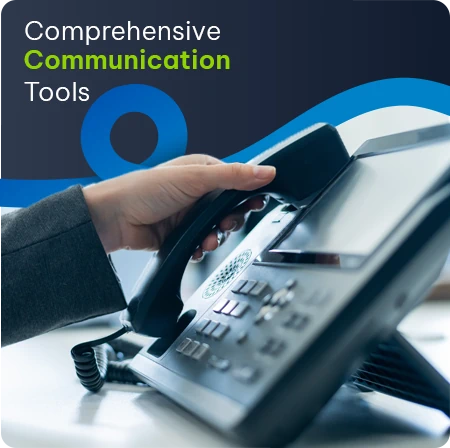Estimated Reading Time: 3 Minutes
We can all agree – when it comes to the safety and security of one of your most valuable assets, there’s no such thing as overkill in data protection.
Data makes the world go around. A data breach doesn’t just have devastating consequences for businesses, the effects can ripple out and ruin the lives of regular people too.
Just look at the chaos that ensued in the United States recently when a prominent pipeline operator on the East Coast fell victim to a ransomware attack and had to go offline for six days before it could contain the threat. This sent almost everyone in 17 states on the Eastern seaboard into panic-buying pandemonium, filling up everything from multiple cannisters, barrels and mini tankers to, yes, cardboard boxes, with gas and depleting gas station reserves on the entire East Coast as a result.
Even if you’re not worried about the threat of cybercrime (honestly though, who isn’t?), your data is still at risk thanks to hardware/system failures and human error.
There’s no better time than now to take control.
Tick all the boxes
The 3-2-1 backup strategy has long (well, 11 years and counting) been considered best practice by IT professionals when it comes to data protection. Essentially, it boils down to this: you should have at least three copies of your data (one in use, the second for failover and a third for additional comfort) stored on two different mediums (i.e. disk and the cloud) with at least one of those options stored safely offsite – preferably in the cloud.
Related: We’ve Got Your Back(up)
If you opt to store your data in the cloud, don’t be afraid to ask the tough questions to find out if your data centre of choice has protocols in place for fire suppression and a back-up power supply for redundancy, because there are other threats to your data besides cybercrime.
It’s also worth storing your data in an ISO 27001 certified data centre, as this means it meets the international standards for the overall management of information security. It’s not exactly a walk in the park for data centres to achieve this kind of certification either and once a certificate is awarded, the certification body continues to perform surveillance audits to ensure best practices are not only maintained but improved upon.
Frequent backups and multiple copies of your data are important, but it’s the recovery portion of your data protection strategy you should really be focusing on.
How fast you recover from a data disaster could mean the difference between keeping your company running or shutting up shop forever.
Choose fool-proof failover
The financial impact of a data breach will depend on the severity of the attack as well as how long it takes for you to bounce back from it, which sometimes results in tens of thousands of rands lost per hour. In fact, by our calculations, 70% of SMEs that suffer a ransomware attack go out of business six months later.
In addition to robust security protocols, your data protection plan should include the assurance that not only is your data being backed up, it’s being monitored constantly to make sure your backup data is not only error- and virus-free, but instantly accessible if disaster strikes.
Vox Backup is powered by Veeam, meaning you get the benefit of powerful and reliable, market-leading backup and replication software. If you opt in for Managed Backup, our skilled engineers will supply detailed monthly reports of your backup and recovery strategy to keep you in the loop.
Cybercriminals are annoyingly determined, and even with the most robust security protocols in place, you might still find yourself falling victim to ransomware. Should the actual worst happen, your managed backup and data recovery plan will literally save the day.












